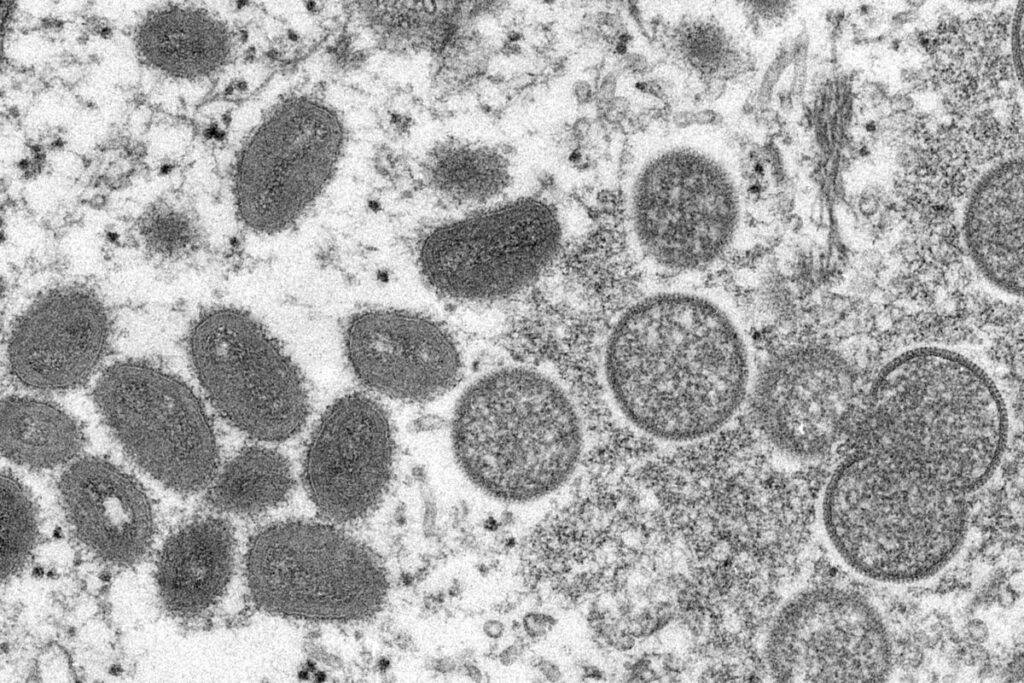
The Caribbean Public Health Agency (CARPHA) says, as of Friday, there was still no confirmed cases of monkeypox in the Caribbean. However, the organisation warned it would arrive at some point.
In a release on Saturday, CARPHA executive director Dr Joy St John said, “To date, no confirmed cases of monkeypox have been reported in the Caribbean region. However, the risk of spread to the Caribbean region is likely as travel is returning to pre-covid19 pandemic levels. It is therefore important that CARPHA Member States raise awareness in frontline health workers and be on the alert for possible importation of cases so they can initiate a quick public health response.”
The World Health Organization’s (WHO) latest report said the number of confirmed cases crossed 700 across Europe, Australia, North America, South America, and the Middle East, where the virus is not endemic.
The first case monkeypox was identified in 1970. It is a rare viral zoonotic infection transmitted from animals to humans but it does not spread easily between people. It is endemic in several Central and West African countries. So the current outbreak is concerning because it is occurring in several non-endemic countries.
The disease spreads through close contact. Symptoms include exhaustion, fever, headache, backache, muscle ache, chills, and swollen lymph nodes. It is spread by close physical contact, including touching and being face-to-face, with someone showing symptoms.
The release explained that monkeypox is closely related to the virus that causes smallpox but is less severe and infectious. As a result, vaccination against smallpox protects against monkeypox.
“The availability of the smallpox vaccine in CARPHA member states may be limited given that smallpox was declared eradicated by the WHO in 1980, and it has been more than 40 years since all countries ceased routine smallpox vaccination with vaccinia-based vaccines.”
The release added that CARPHA is in the process of getting the necessary reagents for the molecular testing for monkeypox. In the meantime, it signed an agreement with the US Centers for Disease Control and Prevention (CDC) to refer suspected samples from CARPHA member states for testing. The results could take ten-14 days after reaching the CDC.
“In the interim a commercial kit, Monkeypox Virus (MPXV) Real Time PCR Kit (RUO) produced by BioPerfuctus Technologies is in transit and once received it will be verified for immediate use. If Member States have suspected cases, they should contact CARPHA for information on sending suspect samples.”
Dr Lisa Indar, director of Disease Surveillance Prevention and Control, urged member states to enhance surveillance and case investigation for monkeypox; alert port health officials to be vigilant for possible cases entering the country, and develop and disseminate public education materials on monkeypox.
St John advised those who believe they have symptoms or have been in close contact with someone with the virus to contact their physician for advice and medical care.
In the meantime, people should avoid having close contact – skin-to-skin, face-to-face, or sexual contact – with anyone who has symptoms; practice good hand hygiene; and clean objects and surfaces that are touched regularly.


